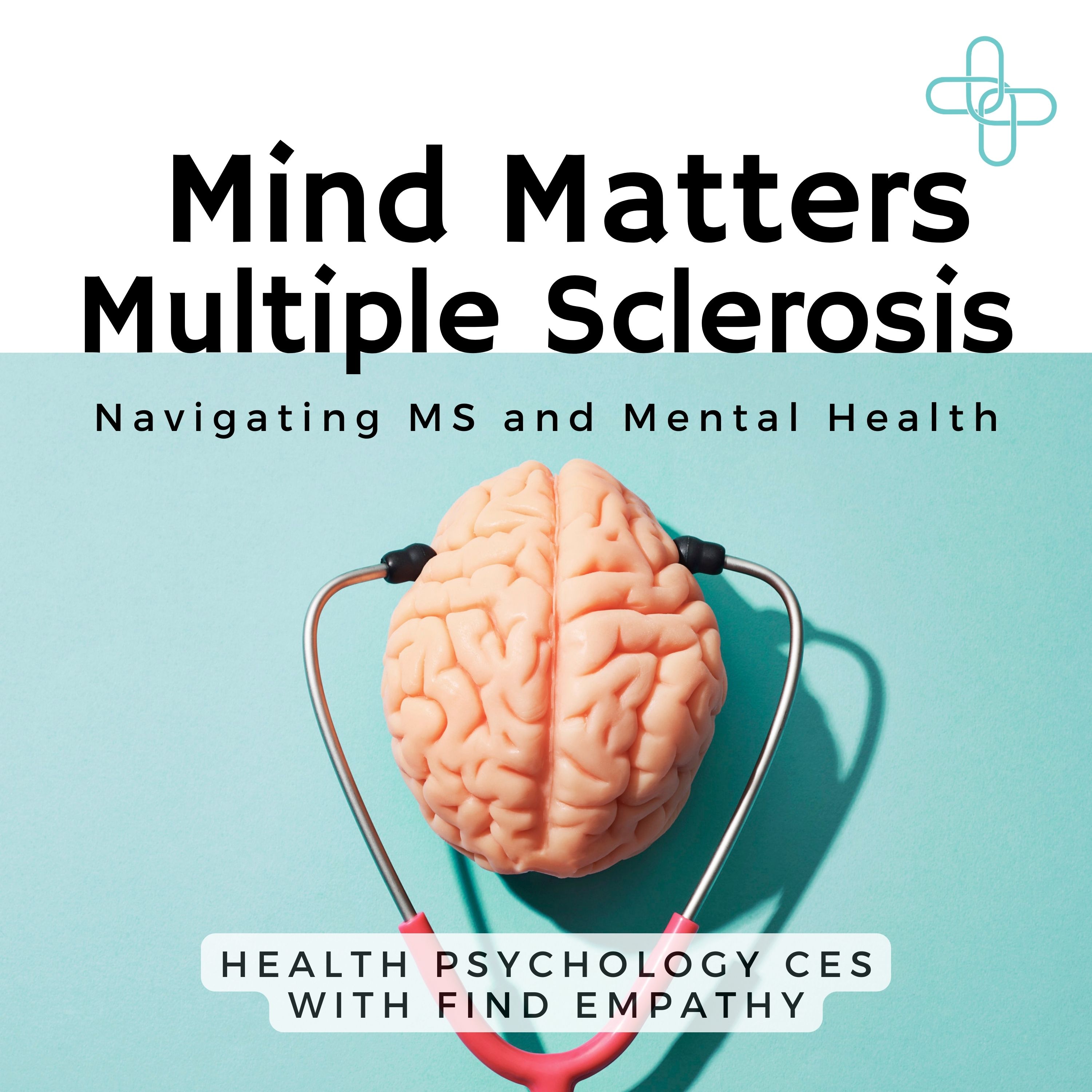12. Multiple Sclerosis: Employment & Disability - Part 1 of 3
- Author
- Meghan Beier, PhD
- Published
- Thu 12 May 2022
- Episode Link
- https://find-empathy.castos.com/episodes/multiple-sclerosis-employment-disability-part-1-of-3
CONTINUING EDUCATION
If you are a psychologist and want CE credits for listening this episode, click on this link: Employment & Disability
*Note. This episode course is a three-part series. CE is available after listening to all three parts.
To find out more about all our CE courses visit: FindEmpathy.com/learn.
Learning Objectives:
Upon completion of this course, participants will be able to:
- Name at least two symptoms that are predictive of poor vocational performance or leaving the workplace.
- Describe recommendations for when and how to disclose a diagnosis of multiple sclerosis to an employer.
- Identify at least one strategy for supporting a patient who is applying for social security disability or long-term disability.
PODCAST SUMMARY
Only 20% of persons with multiple sclerosis are still employed after 10 years following diagnosis. In a 2015 paper entitled "Multiple sclerosis, etiology symptoms, incidence, and prevalence and implications for community living and employment," the researchers pointed to several reasons for the dramatic decrease in employment.
Some are obvious reasons - symptoms of the disease such as cognitive change, fatigue, or mobility challenge directly impact vocational performance.
However, many individuals with MS cite more subtle and difficult workplace barriers as reasons for leaving their jobs. Some of these include bias or outright prejudice on the part of management or coworkers, a lack of knowledge or access to workplace accommodations, or a lack of flexibility in accommodating changing MS symptoms and medical appointments.
This three-part podcast course will help you guide your patients through a tricky maze of employment issues - from the time they are diagnosed with MS to deciding to leave the workforce.
In the first part, we'll look at ways to retrain or obtain a job that is flexible and can accommodate your patient's problems - as well as how to assist your patients through their fear of trying something new.
In part two, we'll discuss diagnosis disclosure in the workplace, as well as when and how to request accommodations with an MS specialty vocational counselor.
In part three, we'll go over applying for SSDI disability benefits with a lawyer. She will walk you through the process as well as how to assist your patients in planning for an application and appeals procedure. She also explains how to help your patients obtain letters of support or prepare their medical records for evaluation.
This course will help you become more knowledgeable about the employment challenges that your patients with MS face, as well as give you some practical tools to assist them through these tough transitions.
Our Experts:
- Kathy Reagan Young: MS patient advocate, blogger, and podcaster. Founder and CEO of Patients Getting Paid & FUMS.
- Joe Stuckey, MS, CRC: Rehabilitation Counselor, University of Washington Medical Center
- Tracy Tyson Miller, Esq.: Social Security Disability Attorney
COST
- Listening, reading, or watching the course content is free.
- Pay only if you need the continuing education credits.
- This course costs $50 and provides 2.5 CE credits
CE APPROVALS
